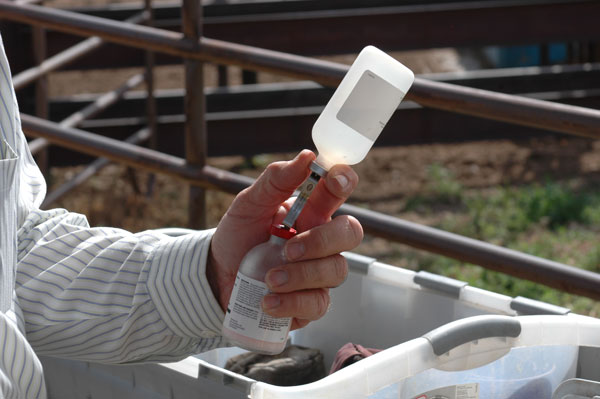October 15, 2015

California’s Governor Jerry Brown signed a law that makes California the state with the toughest restrictions on the use of antibiotics in meat production in the United States. The use of antibiotics as a growth promotant is likely over. The use of antibiotics, at least those deemed medically important for humans, is going to be limited and more highly regulated.
But while California has upped the ante, it is not just California. The Veterinary Feed Directive goes into effect in December of 2016 and will affect every livestock producer, regardless of segment or species, in the country. However, the precedence in California is dangerous. As much as we may detest it, it makes more sense to have a national policy on antibiotics use in animal agriculture. The California law, which doesn’t go into full effect into 2018, will put California at a competitive disadvantage, but most importantly it makes trade much more difficult.
One thing we can say with certainty is that over-the counter sales of antibiotics are on the way out. And as laws and regulations increase, and as resistance to antibiotic use in food animals grows in the minds of consumers, the issue will ultimately find its way into the courtrooms of America. It will not be science, but liability risk that will fuel this issue going forward.
It is generally understood that over-prescription of antibiotics on the human side is a much bigger problem than development of antibiotic resistance from the animal side. This is especially true if one considers these interesting facts:
Cooking meat kills bacteria.
We are making progress – NARMS data show that antibiotic resistance in beef decreased by 6% in the short time frame of one year from 2010 to 2011.
The amount of bacteria resistant to antibiotics actually increases from the slaughter plant to the retail counter; that increase is likely due to its exposure to humans.
We discontinued certain products in 2005 that were being used in poultry because of concerns over antibiotic resistance. However, the trend line in increased resistance has continued.
Collecting credible science, while important, is not what these decisions are being based on. We will lose if we base this fight on science. It will be decided by emotion.
Perhaps the only scientific fact that may carry with it the emotional appeal to shape the debate is this: these restrictions will not only affect animal welfare, but they also raise the cost of food, which affects the poor much more significantly.
You might also like:
Do you have these 5 traits of a successful beef producer?
6 pasture weed control tips for the fall
Fall calving? Tips for diagnosing and treating scours in calves
About the Author(s)
You May Also Like



